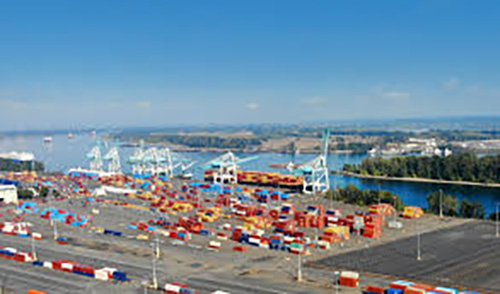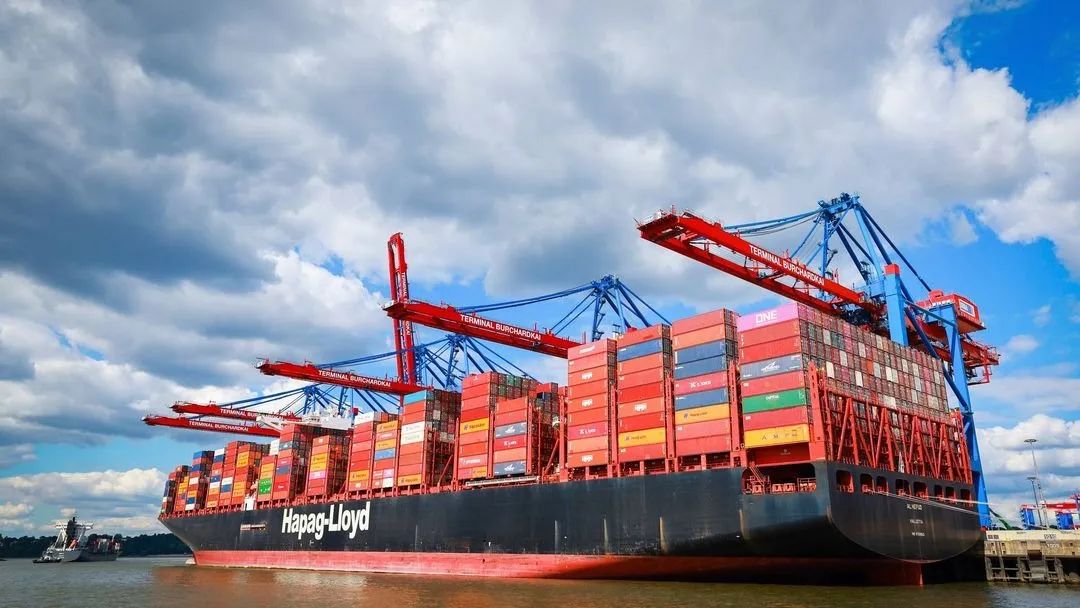Third-Party Logistics: Simplifying Supply Chain Operations
Third-Party Logistics: Simplifying Supply Chain Operations
In today's complex and interconnected business environment, efficient management of the supply chain is critical to the success of any company. This is where third-party logistics (3PL) providers play a key role. But what exactly is third-party logistics? How does it benefit business? Let's dive into the world of 3PL and explore its significance in modern supply chain management.
What is third-party logistics?

Third-party logistics, often referred to as 3PL, involves outsourcing logistics and supply chain management functions to specialized external providers. These providers offer a wide range of services, including transportation, warehousing, distribution, freight forwarding and inventory management. By leveraging the expertise and resources of a 3PL provider, businesses can streamline operations and focus on core competencies.
The role of third-party logistics providers
3PL providers act as intermediaries between businesses and a complex network of suppliers, manufacturers, distributors, and retailers. They serve as strategic partners, providing solutions tailored to meet each client's unique needs. From optimizing transportation routes to implementing advanced inventory management systems, 3PL providers play a vital role in making supply chain operations more efficient and effective.
Benefits of third-party logistics
The utilization of third-party logistics brings many benefits to businesses in various industries. One of the main advantages is cost savings. By outsourcing logistics functions, companies can avoid the large investments required to build and maintain their own infrastructure. This includes warehouses, transport fleets and technical systems. In addition, 3PL providers can leverage their extensive networks and volume discounts to negotiate better prices with carriers and suppliers, resulting in cost efficiencies for customers.
Additionally, 3PL providers bring a wealth of expertise and industry knowledge. They stay up to date on the latest trends, regulations and best practices in the logistics sector, allowing businesses to benefit from their expertise. This expertise extends to areas such as customs compliance, risk management and supply chain optimization, all of which help improve operational performance and mitigate risk.
Another key advantage of third-party logistics is scalability. When businesses experience demand fluctuations or seek to expand into new markets, 3PL providers have the flexibility to adjust resources and capacity accordingly. This scalability is especially valuable in today's dynamic business environment, where agility and responsiveness are critical to success.
Challenges and considerations

While third-party logistics offers many benefits, there are also some challenges and considerations that businesses should be aware of when working with a 3PL provider. One of the main concerns is the potential loss of direct control over certain aspects of the supply chain. Enterprises must carefully select 3PL partners and establish clear communication channels to ensure alignment with their strategic goals and service standards.
Additionally, the integration of 3PL services with existing systems and processes may create technical and operational challenges. Enterprises must work closely with 3PL providers to ensure seamless integration and data visibility across the supply chain.
The future of third-party logistics
As the global market continues to develop, the role of third-party logistics will become even more important. With the rise of e-commerce, omni-channel distribution, and the increasing complexity of international trade, companies are beginning to look to 3PL providers to address these challenges and seize new opportunities.
In addition, technological advancements such as the Internet of Things (IoT), artificial intelligence and blockchain are reshaping the logistics landscape. 3PL providers are at the forefront of adopting these technologies to drive innovation and efficiency in supply chain management. From real-time tracking and visibility to predictive analytics and autonomous vehicles, the future of third-party logistics is marked by continued innovation and digital transformation.
In summary, third-party logistics plays a vital role in optimizing supply chain operations and allowing companies to focus on their core competencies. By leveraging the expertise, resources and scalability provided by 3PL providers, companies can save costs, improve operational efficiency and adapt to the dynamic demands of the modern market. As the logistics industry continues to evolve, partnerships between businesses and third-party logistics providers will remain the cornerstone of global economic success.











